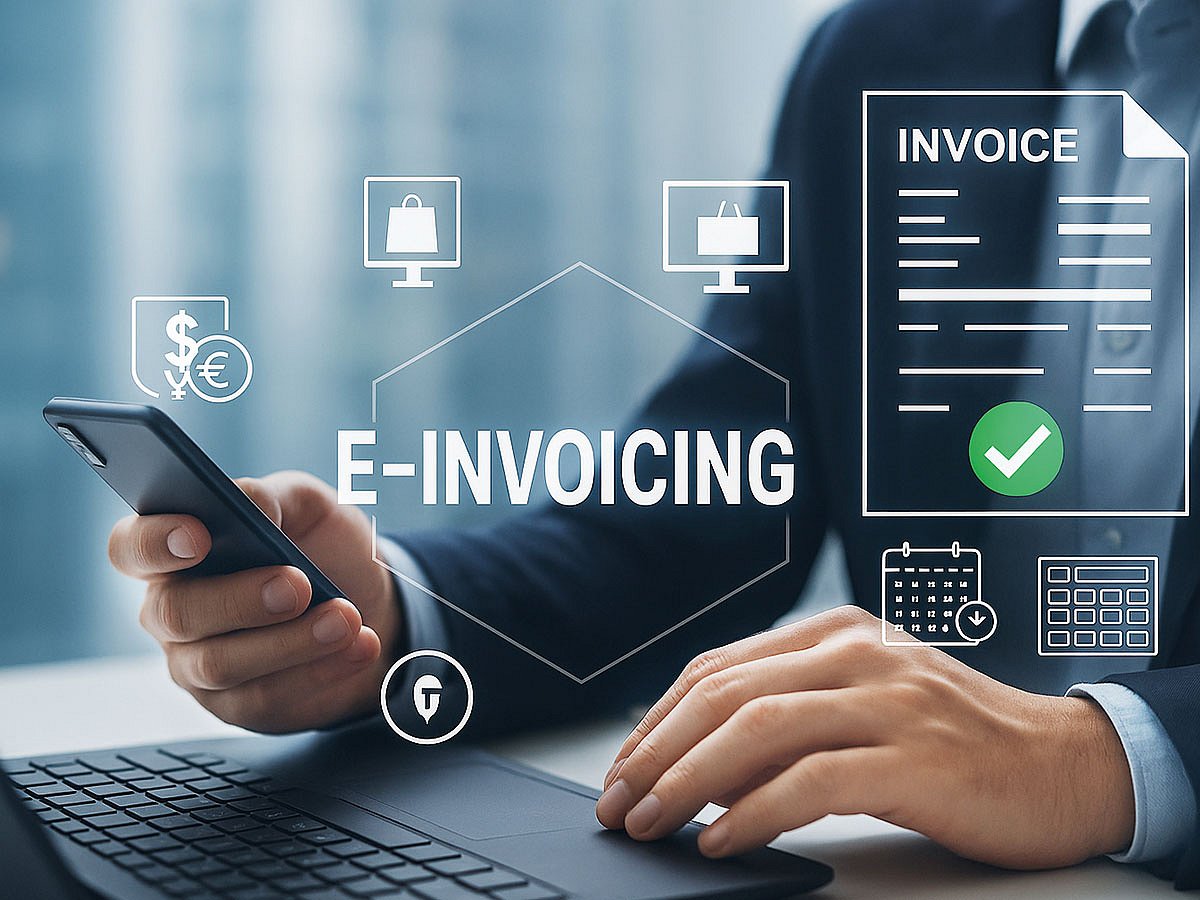E-invoicing: Are you ready for UAE digitisation initiative?
E-invoicing cuts costs, saves effort, and boosts VAT automation and digital transactions

E-invoicing is being implemented in the UAE effective July 2026. Initially it will be applicable for B2B and B2G transactions. E-invoice is a digital version of the traditional tax invoice, but the implications go much further. By transmitting invoice data directly to the tax authority in real time, companies can expect greater accuracy, faster reconciliations, and a smoother compliance process.
The UAE is introducing a five-corner e-invoicing model based on Peppol (Pan-European Public Procurement Online) framework involving the supplier, customer, accredited service providers (ASP) and tax authority. The data dictionary for IT configuration has already been released, allowing organisations to begin the gap assessment using their current systems and VAT treatments.
The benefits are significant. E-invoicing reduces manual effort, lowers costs through potential VAT automation and move towards transaction digitisation. It also supports sustainability goals by reducing paper use and strengthening governance practices.
From our experience, the real challenge is moving from periodic VAT compliance to real-time transaction reporting and compliance. The current systems, including ERPs, may not be geared for the e-invoicing initiative. Additionally, the five-corner Peppol model introduces new stakeholders into the transactions, namely ASP and FTA. This would require organisations to start the project early covering gap assessment, implementation schedule, pilot testing with FTA and go live readiness.
At MCA Gulf, we bring together tax expertise and digital transformation expertise to design e-invoicing solutions that are compliant today and facilitate automation and digitisation. With 16 years of experience across GCC, we have seen how regulatory change can become an opportunity to modernise finance functions, strengthen governance, and build long-term resilience. Companies need to prepare early to meet compliance requirements and use this opportunity to thrive in an increasingly digital economy.
Network Links
GN StoreDownload our app
© Al Nisr Publishing LLC 2026. All rights reserved.